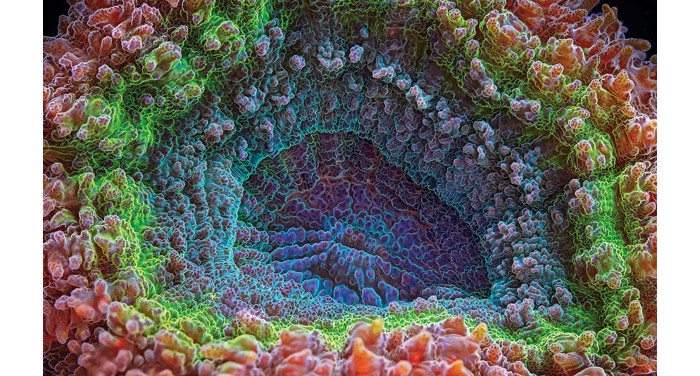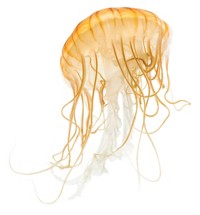Advertisement
Grab your lab coat. Let's get started
Welcome!
Welcome!
Create an account below to get 6 C&EN articles per month, receive newsletters and more - all free.
It seems this is your first time logging in online. Please enter the following information to continue.
As an ACS member you automatically get access to this site. All we need is few more details to create your reading experience.
Not you? Sign in with a different account.
Not you? Sign in with a different account.
ERROR 1
ERROR 1
ERROR 2
ERROR 2
ERROR 2
ERROR 2
ERROR 2
Password and Confirm password must match.
If you have an ACS member number, please enter it here so we can link this account to your membership. (optional)
ERROR 2
ACS values your privacy. By submitting your information, you are gaining access to C&EN and subscribing to our weekly newsletter. We use the information you provide to make your reading experience better, and we will never sell your data to third party members.
Microbiome
Molecular mapping of coral reef diversity
Ship-based expedition uncovers the diversity of Pacific Ocean coral reefs
by Laura Howes
June 1, 2023
| A version of this story appeared in
Volume 101, Issue 18

After two years of preparation, two and a half years at sea, and six years of sample analysis, this week a raft of papers have been published describing the array of microbial life in the coal reefs of the Pacific Ocean (collected online at https://www.nature.com/collections/tara-pacific). The molecular data captured provides a snapshot of the diversity of coral microbiomes in the Pacific Ocean and suggests that the diversity within these ocean colonies has been significantly underestimated, say the researchers.
The samples were taken during the Tara Pacific Expedition, which navigated around the Pacific Ocean between 2016 and 2018. The ship, which is used specifically for scientific ocean expeditions, traveled from Panama to Portland via New Zealand and the Philippines with a crew of scientists that took samples along the way. In total, over 100 scientists contributed to the effort, not just collecting samples on the boat but then sequencing them back on land to uncover the genetic diversity of what they found. The results include 2.87 billion genetic sequences mapped by location and environment, as well as information about the coral species themselves.
On a call with reporters, Serge Planes of the Centre de Recherche Insulaire et Observatoire de l’Environnement (CRIOBE) described the importance of the project for understanding the ecosystems of different coral reefs. Especially, he added, as those reefs are “ecosystems under crisis” in the Anthropocene.







Join the conversation
Contact the reporter
Submit a Letter to the Editor for publication
Engage with us on Twitter